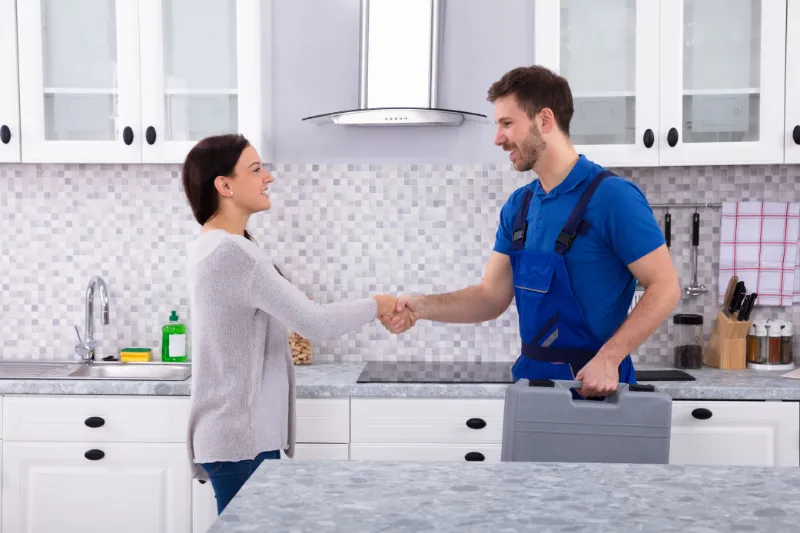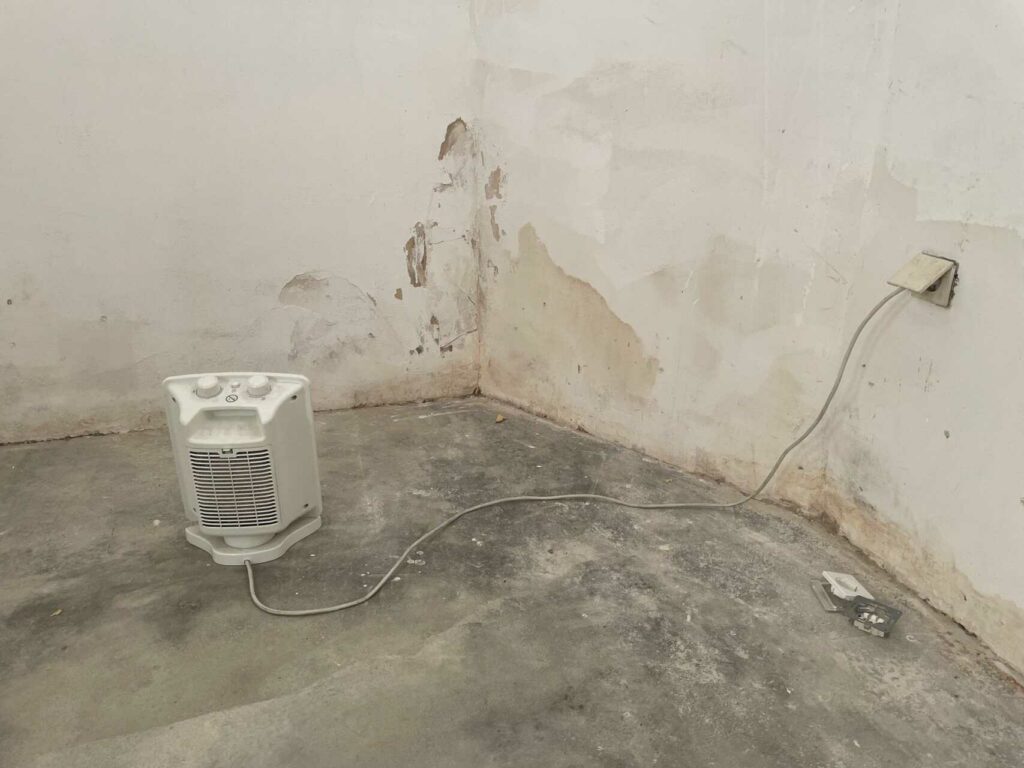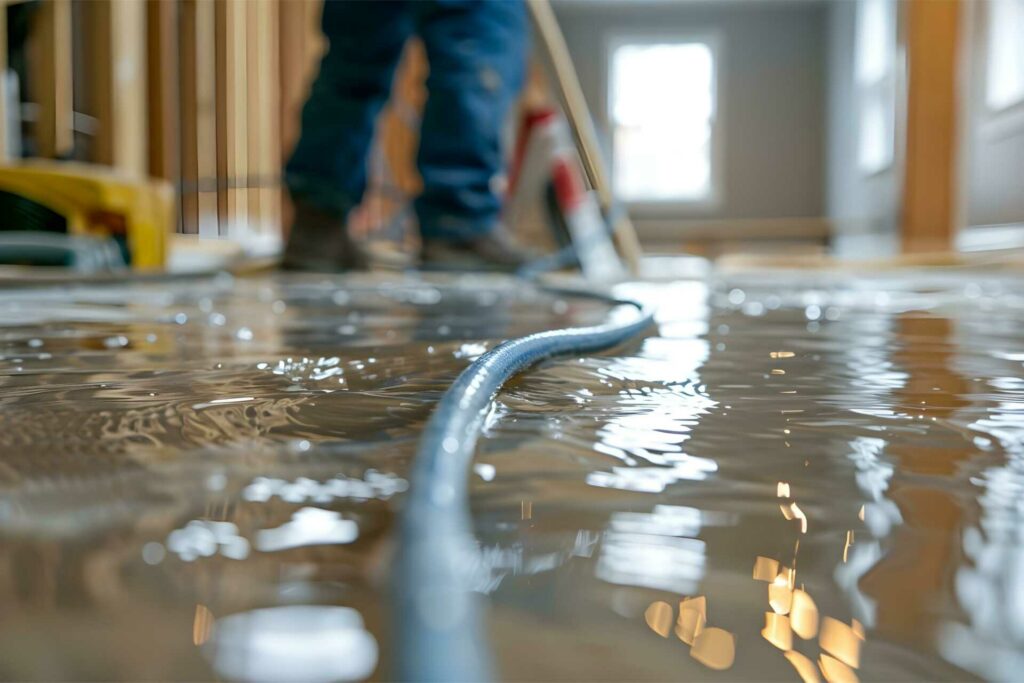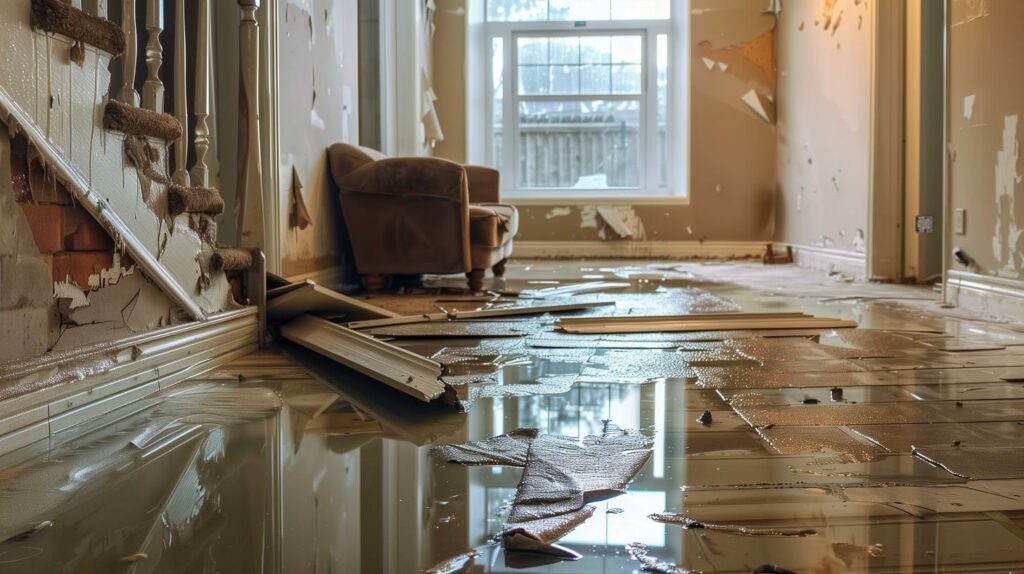Contents
Are you experiencing frequent pipe failures? What are common plumbing errors? Discover the major causes behind these issues.
Corrosion, pipe age and deterioration, high water pressure, poor installation and maintenance, and soil movement and shifting can all contribute to pipe failures. Understanding these causes will help you make informed decisions about maintenance and prevent future problems.
In this article, we will explore the common culprits and provide guidance on how to avoid them, ensuring a reliable and efficient plumbing system for your needs.
Key Takeaways
- Corrosive chemicals in water supply, improper installation or poor maintenance, and lack of sealing or insulation are major causes of pipe failure.
- Pipe age and deterioration, including natural aging, external factors like soil movement and tree roots, and cracks or leaks in the pipes, contribute to pipe failure.
- High water pressure, which can strain pipe joints, accelerate corrosion, and cause the water hammer effect, is another significant cause of pipe failure.
- Poor installation and neglectful maintenance, including leaks, bursts, clogs, and reduced water flow, can lead to pipe failure. Hiring a professional plumber for correct installation and regular maintenance is essential.
Corrosion
Corrosion is a common problem that can significantly weaken pipes, leading to leaks and eventual failure. As someone who desires to serve others, it’s important for you to understand the major causes of corrosion in order to prevent pipe failure and ensure the smooth functioning of your plumbing system.
One of the primary causes of corrosion in pipes is the presence of corrosive chemicals in the water supply. These chemicals, such as chlorine and sulfates, can react with the metal pipes, causing them to deteriorate over time. To avoid this, it’s crucial to regularly test the water quality and treat it accordingly to prevent the accumulation of corrosive substances.
Another cause of corrosion is the presence of oxygen in the water. Oxygen can cause a chemical reaction with the metal, resulting in rust and corrosion. To mitigate this, it’s recommended to install an oxygen barrier or use corrosion-resistant materials for your pipes.
Furthermore, improper installation or poor maintenance can contribute to corrosion. If pipes aren’t properly sealed or insulated, they can be exposed to moisture, which accelerates the corrosion process. Regular inspections and maintenance can help identify and address any potential issues before they worsen.
In conclusion, corrosion is a significant threat to the integrity of pipes, leading to leaks and eventual failure. By being aware of the major causes of corrosion and taking preventive measures, you can ensure the longevity and efficiency of your plumbing system.
Pipe Age and Deterioration
As the pipes age and deteriorate, their structural integrity becomes compromised, posing a significant risk to the overall functionality of your plumbing system. Over time, pipes can experience wear and tear due to various factors, including water pressure, temperature fluctuations, and the quality of the materials used in their construction.
One of the main causes of pipe deterioration is the natural aging process. Just like any other material, pipes are subject to the effects of time. As they age, they become more prone to cracks, leaks, and other forms of damage. This can lead to reduced water flow, lower water pressure, and even complete failure of the pipes.
In addition to aging, external factors can also contribute to pipe deterioration. For example, soil movement can put pressure on the pipes, causing them to shift and potentially crack. Tree roots can also invade pipes, especially older ones made of clay or concrete, leading to blockages and damage. Furthermore, harsh chemicals and corrosive substances present in water can gradually erode the pipes, weakening their structure.
To prevent pipe age and deterioration from causing major issues in your plumbing system, regular inspection and maintenance are crucial. By identifying and addressing any signs of deterioration early on, you can avoid more extensive damage and costly repairs. Additionally, considering pipe replacement or upgrades can be a proactive measure to ensure the long-term integrity of your plumbing system.
High Water Pressure
To avoid further deterioration of your pipes, it’s important to address the issue of high water pressure in your plumbing system. High water pressure can put excessive stress on your pipes, leading to leaks, bursts, and other costly damages.
Here are three reasons why high water pressure can be detrimental to your pipes:
- Increased strain on pipe joints: When water pressure is too high, it puts excessive force on the joints where pipes are connected. Over time, this constant pressure can cause the joints to weaken and eventually fail, resulting in leaks.
- Pipe corrosion: High water pressure can accelerate the corrosion process in your pipes. The force of the water flowing at high pressure can erode the protective coating inside the pipes, making them more vulnerable to rust and corrosion. This corrosion can weaken the pipes and eventually cause them to burst.
- Water hammer effect: High water pressure can cause a phenomenon known as water hammer. This occurs when the flow of water is abruptly stopped or redirected, causing a sudden increase in pressure within the pipes. The resulting shockwave can cause pipes to shake, vibrate, or even break.
To prevent these issues, it’s crucial to monitor and regulate the water pressure in your plumbing system. Installing a pressure regulator or a pressure-reducing valve can help ensure that the water pressure remains at a safe and manageable level. Regular maintenance and inspections by a professional plumber are also recommended to identify and address any potential issues before they escalate.
Taking proactive measures to control high water pressure won’t only protect your pipes but also save you from costly repairs and water damage. Remember, serving your plumbing system well starts with maintaining the right water pressure.
Poor Installation and Maintenance
One major cause of pipe failure is improper installation and neglectful maintenance. When it comes to serving others, it’s crucial to ensure that pipes are installed correctly and receive regular maintenance. Improper installation can lead to leaks, cracks, and even pipe bursts, causing inconvenience and potential damage to your property.
Neglectful maintenance, on the other hand, can result in the accumulation of debris, mineral deposits, and corrosion, leading to clogs and reduced water flow. To prevent such issues, it’s important to hire a professional plumber who’s the expertise to install pipes correctly and perform regular maintenance.
Proper installation involves assessing the location, materials, and connections required for the specific plumbing system. It’s essential to use the right tools and techniques to ensure a secure and leak-free installation. Regular maintenance includes inspecting pipes for signs of wear and tear, checking for leaks, and cleaning out any debris or mineral deposits that may have accumulated over time. Neglecting maintenance can lead to costly repairs and replacements down the line.
By investing in proper installation and regular maintenance, you can extend the lifespan of your pipes and avoid unexpected plumbing issues. Additionally, a well-maintained plumbing system ensures efficient water flow, which is essential for serving others. Remember, prevention is key, and taking proactive measures to install and maintain your pipes will save you time, money, and headaches in the long run.
Soil Movement and Shifting
When soil movement and shifting occur, it can pose a significant risk to the integrity and functionality of pipes. This is a common problem faced by many homeowners and can lead to costly repairs and disruptions in daily life. Understanding the causes of soil movement and shifting can help you take proactive measures to protect your pipes and prevent potential damage.
Here are three major causes of soil movement and shifting:
- Erosion: Soil erosion is often caused by heavy rainfall or improper drainage. When the soil around your pipes erodes, it can create voids and gaps, causing the pipes to shift and become misaligned. This can lead to leaks, blockages, and even pipe collapse.
- Settlement: Over time, soil settles naturally due to factors such as compaction, water saturation, and the decomposition of organic material. When this settlement occurs unevenly, it can put stress on the pipes, causing them to crack or break. Common signs of settlement include sagging or uneven floors and cracks in walls.
- Tree Roots: The roots of trees and large shrubs can exert significant force on underground pipes, causing them to shift or break. As the roots grow, they can penetrate small cracks in the pipes, leading to leaks and blockages. It’s important to be mindful of the location of trees and plants near your pipes and take necessary precautions to prevent root intrusion.
To protect your pipes from soil movement and shifting, consider the following preventive measures:
- Ensure proper grading and drainage around your property to minimize erosion.
- Regularly inspect your pipes for signs of settlement or damage and address any issues promptly.
- Use root barriers or choose pipe materials that are resistant to root intrusion.
Conclusion
In conclusion, the major causes of pipe failure can be attributed to several factors. Corrosion, pipe age and deterioration, high water pressure, poor installation and maintenance, as well as soil movement and shifting, all play significant roles in the deterioration of pipes.
To prevent further damage and ensure the longevity of the pipes, it is crucial to address these issues promptly. Regular maintenance and proper installation techniques are key to avoiding potential failures and ensuring the efficient functioning of the plumbing system.




